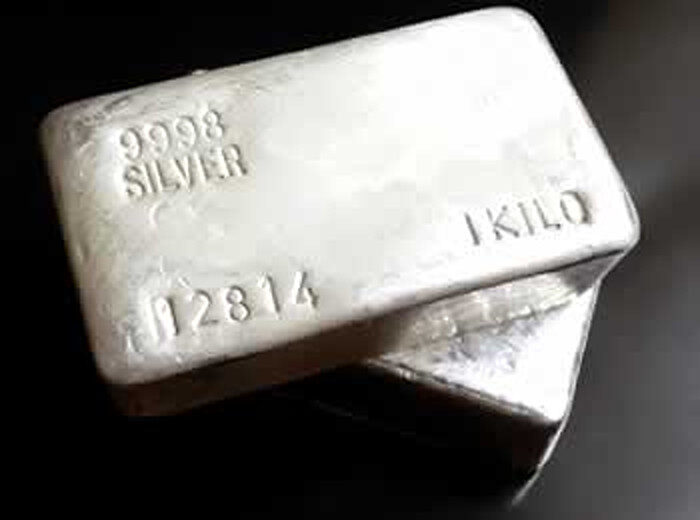Over the last few years, India has witnessed a substantial growth in EV adoption especially in the two-wheelers and three-wheeler segment. While the country’s rapid growth is promising, there are certain challenges the sector is facing which can backfire in the long run.
We have already witnessed two accidents of EV bikes catching fire, one recently being in Pune. The Electric S1 Pro Scooter was seen to emit thick smoke supposedly from its floorboard and under seat storage eventually burning up in flames.
Such incidents bring to light the substandard battery quality or the lack of knowledge about batteries or usage of extremely high energy density batteries. It is mandatory to ensure premium quality batteries are used to avoid such instances. Also ensuring the vehicle stays cool is extremely important as the incident could have possibly been a case of battery cell rupture due to excessive rise in temperature. Thermal Runway is of paramount importance in battery design.
To avoid such accidents, certain measures must be kept in mind. One being the Government’s intervention in ensuring premium quality batteries are manufactured and supplied, effective implementation of battery swapping policy, educating the masses about the hazards of opting for cheap batteries and awareness pertaining to safety and operating guidelines.
Batteries account for almost 50% of the EV cost and with the recent tension between Russia and Ukraine, pricing of batteries have exponentially shot up. India is heavily dependent on import of raw materials like nickel, cobalt and lithium which are needed for battery cells.
Over the period of last few months, nickel prices have increased 25.30 percent monthly while surge in cobalt has been 11.88 percent in a month as Russia is the second largest exporter of Cobalt. This has increased the overall EV pricing to almost 25-30 percent in a month.
In addition to the geopolitical crisis, surge in covid cases in China have also had a major hit on imports as most components are imported from there. The Government must put in place favourable policies to support the indigenous manufacturers and suppliers to increase EV battery availability at competitive prices.
And although we may have just about commenced our run in the EV race, it is critical that we jump-start the pace of adoption by enhancing the overall perception of EVs from a safety and longevity standpoint.
Neuron Energy is a bootstrapped startup establishing itself in the battery manufacturing segment supplying lithium-ion and lead-acid batteries to the EV sector in India.
The views and opinions expressed in this article are the author’s own, and do not necessarily reflect those held by pv magazine.
This content is protected by copyright and may not be reused. If you want to cooperate with us and would like to reuse some of our content, please contact: editors@pv-magazine.com.








Government should ban the use of Lithium ion NMC (Nickel, Manganese, Cobalt) batteries for 2 &3 wheelers.. If the cooling system is not perfect as in Tesla, vehicles are sure to catch fire. . Instead Government/RTO should give approval only for safe Lithium Iron Phosphate (LFP) batteries , which do not catch fire , but has lower energy density, but adequate for 2-3 wheelers. It must be remembered that Lithium is not mined in India. Hence we will land up in importing Lithium instead of crude oil. In line with Hon. PM’s vision of Aathmanirbhar Bharat, Government must focus on developing Sodium Ion batteries, (SIB) which are safe, cheap and has equal energy density as LFP batteries. Start ups and CSIR must be funded and encouraged by the government and entrust BEL to manufacture SIBs outside the PLI Scheme for 2 ,3 wheelers and tempos.